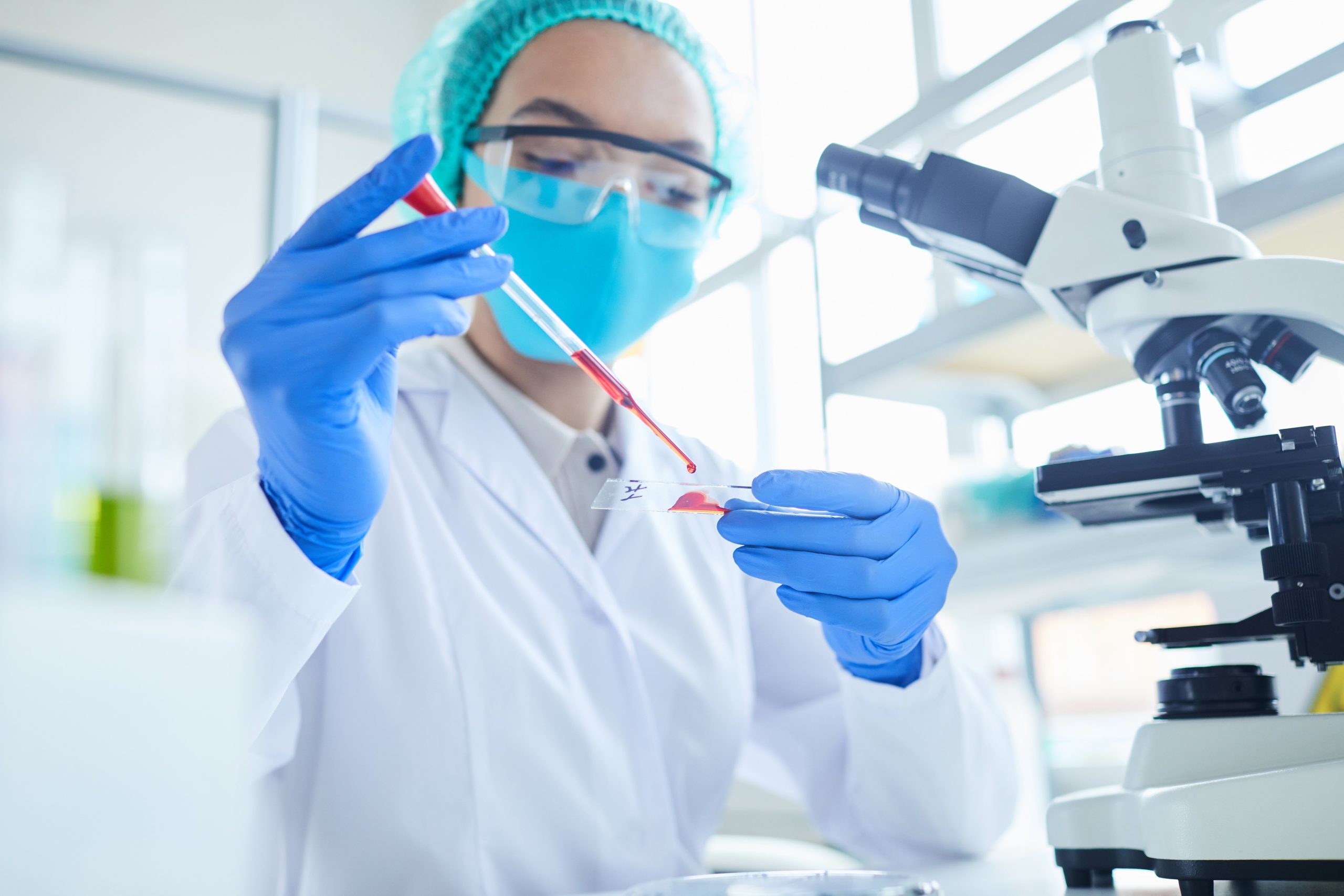Meeting Legal Standards: Drug and Alcohol Testing Protocols in Probation – Guest Post

Understanding the intricacies of probation, especially the drug and alcohol testing protocols, is crucial for anyone navigating this path.
Whether you’re directly involved in the probation process or simply seeking knowledge about how these systems operate, grasping the importance of these protocols is essential.
They are not just a series of steps to be followed; they represent a significant aspect of the legal system aimed at ensuring safety and compliance.
This article aims to help you understand the drug and alcohol testing process in probation. Also, we will shed some light on why it’s a key element in maintaining legal standards and supporting individuals on their journey through the probation system.
So, let’s dive right in!
What is Probation?
Before diving into the specifics of drug and alcohol testing, let’s clarify what probation actually is.
Probation is a court-ordered period of supervision over an offender, often instead of serving time in prison. It’s a crucial aspect of the criminal justice system, aimed at rehabilitating offenders and integrating them back into society as responsible citizens.
During probation, individuals must adhere to specific conditions set by the court. These conditions are designed to prevent reoffending and may include requirements like maintaining employment, attending counseling, avoiding contact with certain individuals, and, crucially, complying with regular drug and alcohol testing.
The purpose of these conditions, including drug and alcohol testing, is to ensure that the individual remains substance-free and adheres to the path of rehabilitation.
The Importance of Drug and Alcohol Testing in Probation
You might wonder why drug and alcohol testing is so integral to probation programs. The answer lies in the goals of probation itself. Probation is designed to rehabilitate and reintegrate individuals into society, ensuring they can lead productive, law-abiding lives. Hence, probation drug testing is a key tool in this process, helping to ensure that those on probation are adhering to their conditions and staying on the right track.
How Testing Works
When you’re on probation, you’re often required to undergo regular drug and alcohol testing. This is not just a formality; it’s a crucial part of ensuring that you’re following the terms of your probation. The tests can be random or scheduled, and if you fail to perform, you will have to face some serious consequences. It’s a system designed to keep you accountable and to provide support where it’s needed.
Types of Tests
There are various types of tests that you might encounter. Urine tests are the most common, but depending on your specific situation, you might also be subject to breathalyzer tests, hair follicle tests, or blood tests. Each type has its own advantages and is chosen based on factors like the substance being tested for and the required sensitivity of the test.
Knowing The Legal Framework
Drug and alcohol testing during probation is governed by a legal framework that sets out clear guidelines and standards. These standards are in place to ensure that testing is conducted fairly and accurately. It’s important to understand that these tests are not just about catching wrongdoing; they’re also about protecting your rights and ensuring that the process is just.
Your Rights and Responsibilities
As someone undergoing probation drug testing, you have certain rights. You have the right to be tested in a manner that is respectful and preserves your dignity. At the same time, you have the responsibility to comply with these tests.
The Role of Technology in Testing
Advancements in technology have greatly improved the accuracy and efficiency of drug and alcohol testing. Today, tests can detect a wide range of substances with a high degree of accuracy. This technological evolution means that the results are more reliable than ever, providing a clear picture of compliance with probation terms.
Modern testing methods can now identify specific drug metabolites, reducing the chances of cross-reactivity and false positives. Additionally, digital reporting systems have streamlined the process, allowing for quicker and more secure transmission of results to probation officers.
Ensuring Accuracy and Fairness
The accuracy of drug and alcohol tests is paramount. False positives can have unjust consequences, while false negatives can undermine the goals of probation. The technology used in testing is constantly being refined to ensure that results are as accurate as possible.
Sophisticated analytical techniques like gas chromatography-mass spectrometry (GC-MS) and high-performance liquid chromatography (HPLC) are employed to provide definitive results. Moreover, the introduction of rigorous quality control measures and the standardization of testing procedures have significantly reduced the margin of error.
Wrapping Up
Drug and alcohol testing on probation is a critical component of the criminal justice system. It plays a key role in ensuring that individuals on probation are adhering to their conditions and receiving the support they need. As you navigate this process, remember that it’s not just about passing tests; it’s about taking steps towards a better, more stable future.

Recent Comments